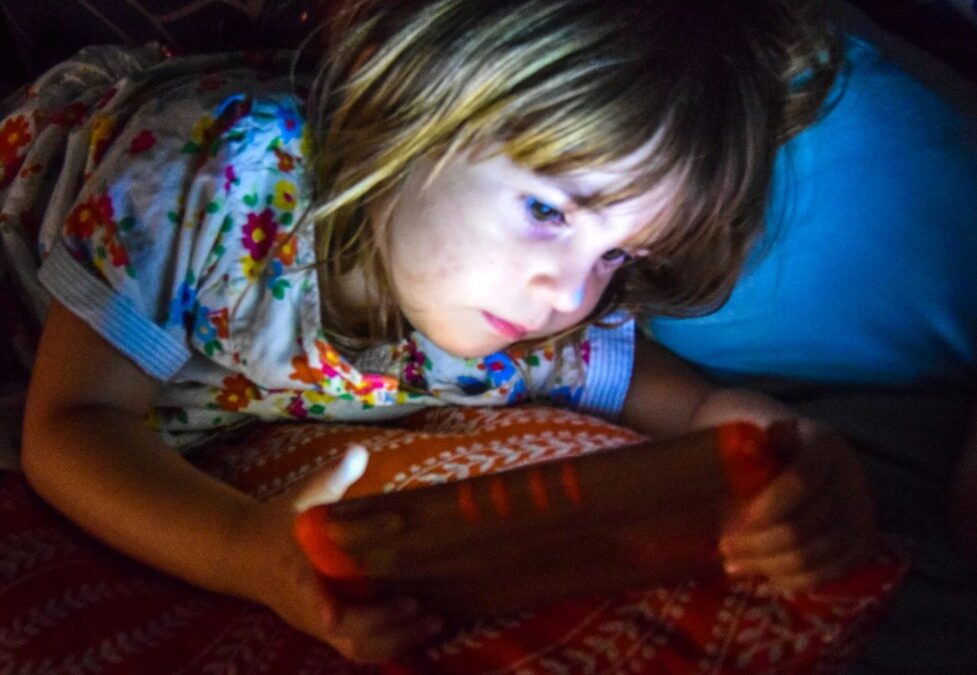TikTok. Instagram. YouTube. What do all of these social media platforms have in common? They are wonderful for getting mass amounts of information out to people. One type of information provided is information related to mental health.
Although this is a great way to educate people on mental health disorders, it can also lead to self-diagnosis and, often, misdiagnosis.

So, what’s the problem?
While mental health clinicians want people to learn about their diagnoses and connect with others who share similar experiences, we also want you to take in accurate information about mental health diagnoses. One study examined the reach and accuracy of information on autism on TikTok, finding that “videos associated with the #Autism hashtag accrued 11.5 billion views collectively. An examination of the top 133 videos providing informational content on autism…showed that 27% of the videos were classified as accurate, while 41% were classified as inaccurate and 32% as overgeneralized. Videos created by healthcare professionals were more likely to include accurate information” (Aragon-Guevara, Castle, Sheridan, and Vivanti, 2023).
For instance, numerous individuals come into our office for psychological evaluations to determine if they have Attention-Deficit/Hyperactivity Disorder (ADHD) after stating they are having problems with attention and concentration in school, at work, at home, and/or in public settings. While there is a portion of people who legitimately meet the diagnostic criteria for ADHD, many individuals’ difficulties with attention and concentration might be linked to other concerns, such as depression and anxiety (Note: Check out this article for more information on ADHD).
If you or someone you know believes that they identify with a diagnosis on social media but are not formally diagnosed, it can be helpful to encourage the individual to undergo a psychological evaluation to determine if they meet the criteria for a specific diagnosis.
It is important to note that not all symptoms are clinical, meaning we all experience normal ups and downs in life that do not constitute a mental health diagnosis. You can have normal anxiety when giving a presentation and not be diagnosed with Social Anxiety Disorder. Similarly, you can have a bad day and not meet the criteria for Major Depressive Disorder. When it comes to diagnosing, individuals must meet a certain number of the clinical criteria and, in some cases, those symptoms must be present for specific time periods. They must also cause significant distress in a variety of areas, such as at home, work/school, and in social settings.
Ultimately, social media is not all bad, as it has provided platforms for discussing mental health and has made great strides for “visibility, reducing stigma, and helping people gain the insight they may have no other way to access.” For some people, social media has helped them feel less alone. When attempting to understand yourself or your child, the best thing to do is seek professional help and do your research on more than social media (e.g., research articles, academic/educational websites, and government agencies such as the National Institutes of Health).
References:
Aragon-Guevara, D., Castle, G., Sheridan, E. et al. The Reach and Accuracy of Information on Autism on TikTok. J Autism Dev Disord (2023). https://doi.org/10.1007/s10803-023-06084-6
https://www.verywellmind.com/people-are-using-social-media-to-self-diagnose-5217072
https://www.cnn.com/2023/07/20/tech/tiktok-self-diagnosis-mental-health-wellness/index.html
Follow us for more wellness content!
More Blog Posts

Addressing Screen Time’s Impact on Children’s Sleep
In an era where screens are abundant, parents are increasingly concerned about how devices affect their children’s sleep. Poor sleep can impact mood, focus, and overall health, making it a critical issue for child development. Supported by scientific research, this blog explores the psychological effects of screen time on sleep and offers parents compassionate, practical strategies to promote healthier sleep habits.

Building Resilience in Children Facing Academic Pressure
Academic pressure is a growing concern for parents, as children face high expectations from schools, peers, and even themselves. Building resilience—the ability to adapt and thrive despite setbacks—is crucial for children to navigate these demands without sacrificing mental health. Grounded in psychological research, this blog offers parents practical, empathic ways to foster resilience in their children.
In crisis or need immediate help?
Call 988 or go to your nearest ER.
Services
Adolescent Psychotherapy
Adult Psychotherapy
Assessments & Evaluation
Child Psychotherapy
Cognitive Behavioral Therapy
Couples Therapy
Family Therapy & Parent Coaching
Genetic Testing
Group Therapy
Medication Management
Play Therapy
Single-Session Therapy
Teletherapy
Orchard Mental Health Group
Accepted Insurance*
Aetna
Carefirst / Blue Cross Blue Shield
Cigna
Humana / Tricare
Johns Hopkins Health Plans
Medicaid
Medicare
Optum / UnitedHealthcare
*Varies by service
Partner Resources
Contact Us
M-F, 9am-5pm Eastern Time
Phone: 240-750-6467
Fax: 240-912-7835
contact@orchardmentalhealth.com
9707 Key West Avenue, Suite #100 Rockville, MD 20850


